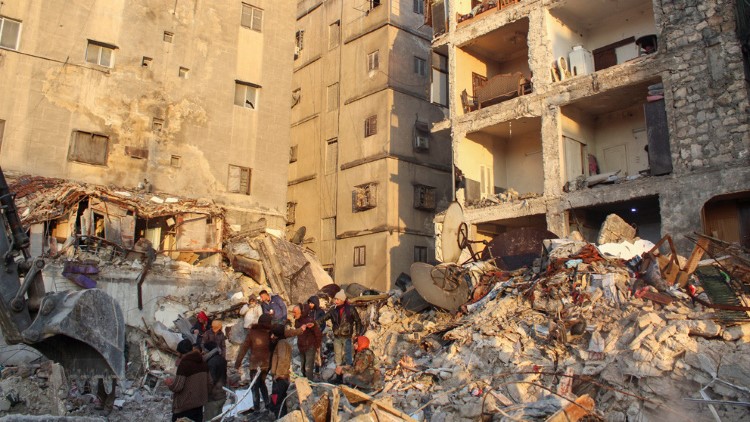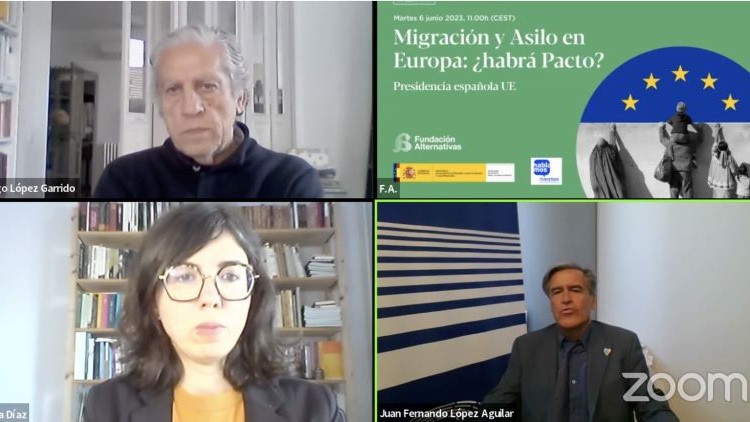The Diplomat
The Spanish Agency for International Development Cooperation (AECID) yesterday activated the emergency agreement it has with the NGO Caritas to provide shelter to 1,100 people affected by last February’s earthquake in Syria. So far this year, the Agency has provided six million euros in emergency humanitarian aid to Syria.
Specifically, AECID will provide 153,813 euros that will enable Caritas to gather the necessary resources to help some 220 families (1,100 people) in the governorates of Aleppo and Hama over the next six months. The aid will be carried out through monetary transfers and the payment of housing rent for these people – 60% of whom are women – pending the recovery of their homes.
The total budget of this humanitarian initiative, including AECID’s contribution, amounts to 360,459 euros and responds to the need for housing and shelter for the populations most affected by the earthquake who have not yet been able to recover their livelihoods and rebuild their homes. All this is taking place in a context of conflict in which public services do not have sufficient resources to cover these needs.
With this new initiative, Spanish humanitarian action for Syria reaches a total of 6,003,812 euros, with an increase of more than two million euros compared to 2022. This increase is due to the worsening humanitarian context in Syria as a result of the earthquake. AECID began responding to this crisis last February with a contribution of 750,000 euros to the International Federation of the Red Cross (IFRC) emergency appeal for Syria. This is in addition to the activation of the emergency agreement it maintains with the NGO Action Against Hunger, worth 100,000 euros.
According to the AECID, Syria is “a priority context of humanitarian intervention for Spanish Cooperation”, as stated by the Agency itself in its Humanitarian Strategy for the Syrian regional crisis 2022-2023, which defines it as “a regional crisis with implications in neighboring countries”.
This strategy establishes, as priority sectors for humanitarian work, support for people with disabilities due to wounds or injuries suffered as a direct or indirect consequence of the war, multisectoral support through the humanitarian fund of the United Nations Office for the Coordination of Humanitarian Affairs (OCHA) and protection for the Syrian refugee population in Lebanon. AECID also continues to make progress in projects for the early rehabilitation of basic social services.







